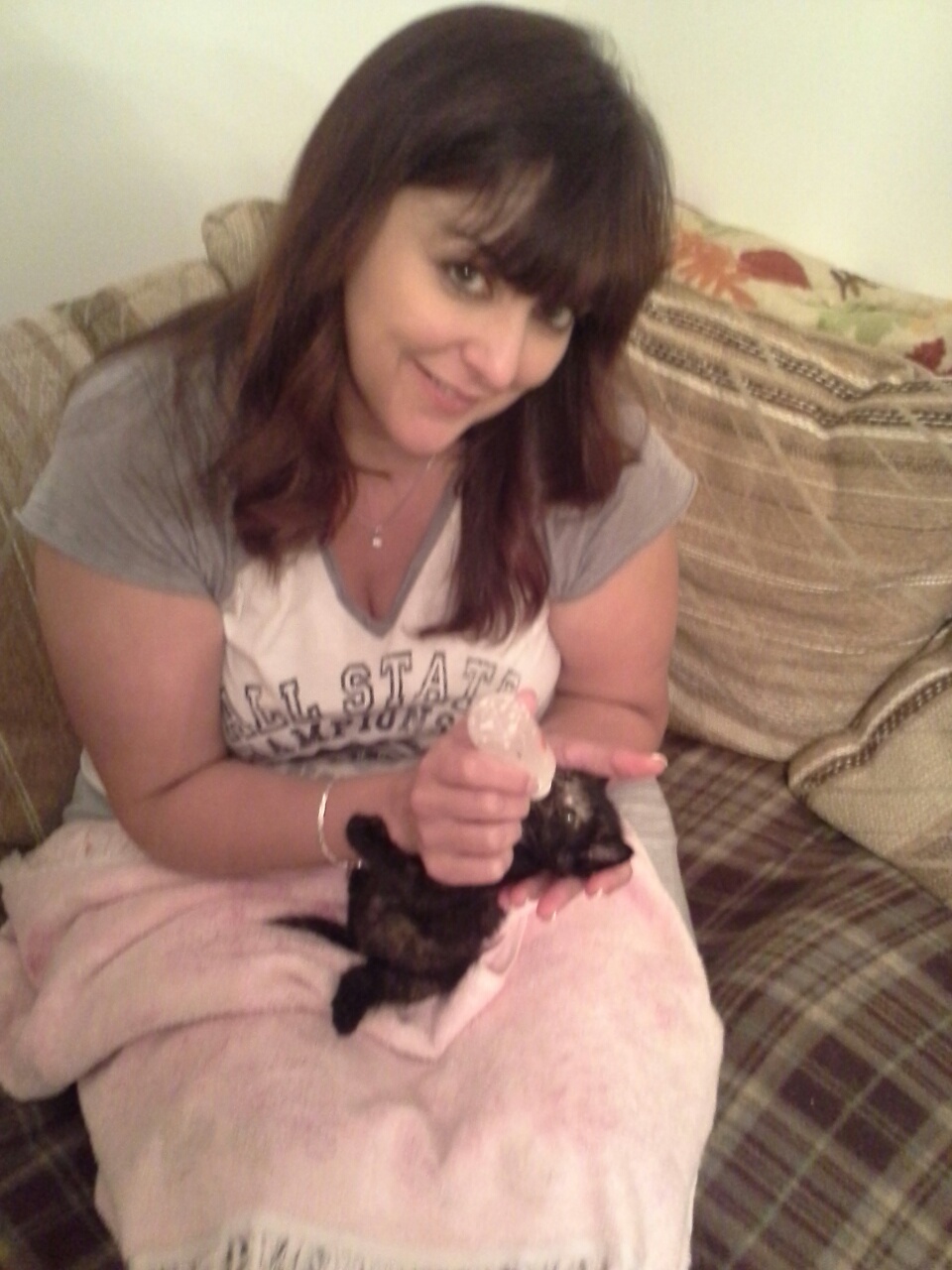 Become a Foster Parent for CVAS today!!
Become a Foster Parent for CVAS today!!
The Cumberland Valley Animal Shelter is always in need of reliable foster parents to take animals into their homes until they can be spayed or neutered and placed in our adoption kennels. CVAS primarily needs foster families for litters of kittens, with or without a mama. We rarely have puppies or dogs go out on foster care. If you're interested in becoming a foster parent, take a minute to read these questions and answers.
What is a foster home?
It’s where you open your house to one or more animals in need of a temporary home. While the pet(s) are at your house, you are fully responsible for their care.
*Please note: Foster homes must follow all humane rules and regulations as set by the state of Pennsylvania, and enforced by the Cumberland Valley Animal Shelter.
What are the rules?
You must have an approved Foster Care Application.
You must be over 18 years old to sign the contract. They will be expected to be sure that the rules are followed. Your parent/guardian must be willing to ultimately be responsible for the pet(s).
Cats will be kept strictly indoors, in a temperature controlled environment. We recommend that foster cats/kittens remain separate from current pets, due to the unvaccinated and unknown health of the foster animal(s) and to minimize the stress that the mother cat experiences while raising kittens.
You are to provide appropriate food, clean water, socialization of the pet(s), exercise and over-all care.
CVAS has the final say in each and every adoption. You are encouraged to make recommendations but in the end, the decision will be ours. Anyone you recommend must still fill out an adoption application, the adoption agreement and pay the adoption fee if they are approved. Please do not promise friends, family and/or neighbors pets.
Cumberland Valley Animal Shelter will provide you with all the information we have with regards to the temperament of our animals going into foster care. We may not have knowledge of the complete history of the animal(s) and you may therefore experience new behaviors which were unknown to us.
CVAS reserves the right to refuse foster help to anyone, with or without cause. In some cases it may mean that a foster application is approved, but not for certain animal(s). No animal will be fostered to prospective people who mislead or fail to provide accurate information on the foster application. Home evaluations may be made prior to fostering and can be made on a random basis once the animal is in foster care. If upon inspection, we find that information contained in the application is false or inadequate care is given to our animals, CVAS has the right to remove the animal(s) from your premise.
How long does a pet stay in a foster home?
This depends on the pet. Kittens should be able to eat solid food by themselves before returning to the shelter. Kittens are usually between 6 to 8 weeks old when they begin to be weaned. It’s important that you are honest when you consider how long you can foster a pet because some foster parent services may be required for at least 9 weeks. Keep in mind that we are the busiest during the spring and summer when most people go on vacation. CVAS sets dates when foster animals should be returned to the shelter, so that we have the proper amount of kennel space for them and have spay/neuter surgery appointments.
A quick return visit to the shelter will be required for kittens for tests and vaccinations. When kittens without a mother are 6 weeks old, they need to be tested for Feline Leukemia and FIV. In addition, once kittens are on solid food for one week, they need to come in to the shelter for their first distemper shots and de-wormer. At this time, we will weigh them to see how much longer it will be before they can be spayed or neutered.
Who pays for the costs of feeding the pets while in the foster care home?
We will provide food, toys, blankets, towels, and whenever possible litter and cages. We also provide flea treatments, de-wormers, and vaccinations at appropriate ages.
Vet bills – who covers them?
If the foster pet becomes ill or injured, the foster parent must contact the shelter as soon as possible. We will usually ask that the animal(s) be brought to the shelter for evaluation. If the illness or injury is treatable with medications the shelter already has, there is no need to contact a vet. If a vet is required, CVAS will cover the vet bills with a few exceptions. For instance, if the pet is hurt at your house due to your negligence or an accident that you could have prevented, you will be responsible for the bills. We have the final say regarding all medical decisions. We will work with the vet to determine what course of action should be followed, including euthanasia if it’s determined by both CVAS and the vet to be the most humane option.
*If at anytime a foster parent wants to purchase items (or have a vet consultation) on their own for their foster animal(s) it will be considered a donation to the shelter and is GREATLY appreciated.
What happens if I fall in love with one of the foster animals?
If cupid’s arrow hits you, we will give you the option to adopt first.
If you are still interested in helping CVAS by becoming a foster parent, please fill out the foster parent application here and hit submit to email the form to CVAS. A shelter representative will contact you to set up the foster care arrangement.

